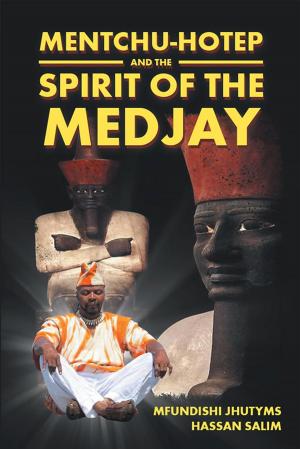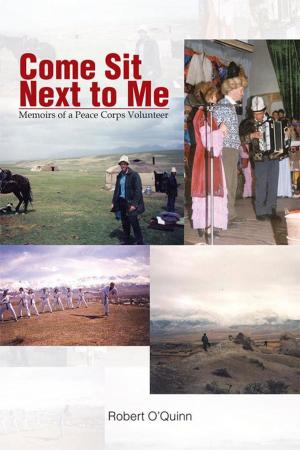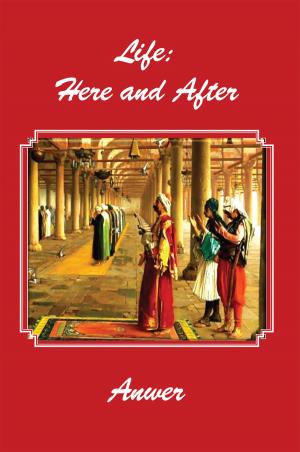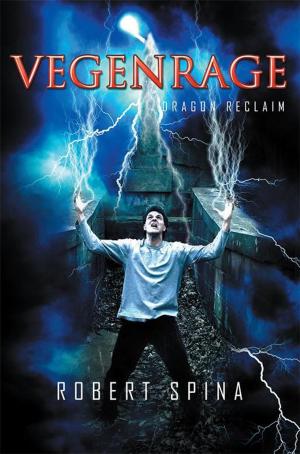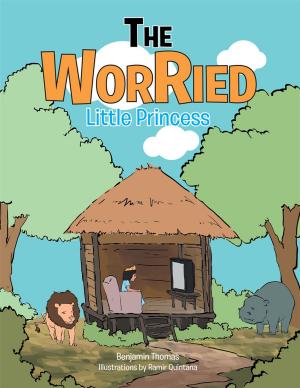| Author: | Dr. Oliver Akamnonu | ISBN: | 9781465324313 |
| Publisher: | Xlibris US | Publication: | February 16, 2009 |
| Imprint: | Xlibris US | Language: | English |
| Author: | Dr. Oliver Akamnonu |
| ISBN: | 9781465324313 |
| Publisher: | Xlibris US |
| Publication: | February 16, 2009 |
| Imprint: | Xlibris US |
| Language: | English |
An imaginary African country Mungeruun gains its independence from the colonial authorities after a fairly protracted but bloodless struggle. An internal struggle for power between a few of its politicians is amicably sorted out in the interest of national cohesion. An army coup dtat that involved a lopsided assassination of principal officers and civilian leaders is followed by a countercoup with indiscriminate killing of officers and civilians alike. A devastating civil war in which the former colonial master plays less than an impartial role follows. An unusual collaboration between the Eastern and Western world power blocks ensures the defeat of the rebellious section of the country. That section had declared that its military technology was light-years ahead of that of the other side, perhaps thereby, provoking cooperation against her by strange bedfellows. The acclaimed leader of the free world is apparently persuaded to play a mere observer role under the persuasion that the conflict is an internal affair of the concerned country. The discovery of massive reserves of oil places the reunited country in an unprecedented economic advantage. But the new rich status of the country does not translate to a better life for the majority of the countrys peoples as monumental and unimaginable levels of corruption bedevils the framework of the once promising nation whose patriots of old had sacrificed so much to ensure its independence and progress. What went wrong? With the corruption of the young, even from the cradles, are there hopes for a return to the path of good and patriotic governance?
An imaginary African country Mungeruun gains its independence from the colonial authorities after a fairly protracted but bloodless struggle. An internal struggle for power between a few of its politicians is amicably sorted out in the interest of national cohesion. An army coup dtat that involved a lopsided assassination of principal officers and civilian leaders is followed by a countercoup with indiscriminate killing of officers and civilians alike. A devastating civil war in which the former colonial master plays less than an impartial role follows. An unusual collaboration between the Eastern and Western world power blocks ensures the defeat of the rebellious section of the country. That section had declared that its military technology was light-years ahead of that of the other side, perhaps thereby, provoking cooperation against her by strange bedfellows. The acclaimed leader of the free world is apparently persuaded to play a mere observer role under the persuasion that the conflict is an internal affair of the concerned country. The discovery of massive reserves of oil places the reunited country in an unprecedented economic advantage. But the new rich status of the country does not translate to a better life for the majority of the countrys peoples as monumental and unimaginable levels of corruption bedevils the framework of the once promising nation whose patriots of old had sacrificed so much to ensure its independence and progress. What went wrong? With the corruption of the young, even from the cradles, are there hopes for a return to the path of good and patriotic governance?




